Human sex trafficking captured through the lens of Auckland photographer
Nikki Denholm is haunted by the universal hollowness in eyes that have seen too much.
The Auckland photographer captures powerful images of young girls sold into sex slavery in countries ranging from Cambodia to Uganda.
“I’m there in what tiny way I can to tell their story, but when I come home the eyes stick,” Denholm said.
“The same sense of desolation and hopelessness you see in a lot of the girls’ eyes, no matter which country they’re from, is something that does stay with me.
“I might cry when they’re telling me their stories, but in terms of me processing the enormity of human trafficking and the injustice of it, that’s something I will pick up when I’m at home.”
Denholm, 53, has worked in more than 40 countries documenting the stories of people suffering through war, famine, persecution, and crisis.
The mother of three girls was inspired to focus on human sex trafficking six years ago after a symposium in India alerted her to the severity of the problem.
At the time, 16,000 girls each year were trafficked from Nepal across the border to India, she said.
The Mission Bay resident worked in a red-light district in Mumbai where an estimated 42,000 young girls were held captive in high-rise brothels across seven streets.
“I was quite shocked at how many young girls and women are sold into human sex trafficking and how poor the outcomes are for them in terms of ever being rescued,” Denholm said.
Today, it is estimated that between 28-30 million people across the world have been trafficked into some form of human slavery, with between four and a half million and five million sold into sex slavery, she said.
“Something happens at a different level when you see a photograph than when you just read four and a half million girls have been sex-trafficked. I think what a photograph does is it brings the issues into people’s hearts really.”
Human trafficking is the world’s fastest-growing criminal area, reaping an estimated NZ$230 billion profit a year, according to Tearfund.
Read more here: www.stuff.co.nz...
What word sums up 2024, neighbours?
If 2020 was the year of lockdowns, banana bread, and WFH (work from home)....
In one word, how would you define 2024?
We're excited to see what you come up with!

Best way to use leftovers?
I'm sure you've got some excess ham at home or cold roast potatoes.
What are some of your favourite ways to use leftover food from Christmas day? Share below.

Setting your direction for 2025? Here’s a helpful tip
If you find it’s hard to keep to New Year resolutions you are not alone! Its actually really hard to make sustainable changes in our lives.
Setting your ‘compass’ is easier and more effective. Figure out the desired destination and start with one small step to take now. Taking that first step gets you going. Even a little change of direction, something that only takes a couple of minutes, can lead to significant and sustainable change over time.
If you want to move in the direction of finding more peace and calm in your life, click on Find More to go to my website.
Wishing you a Happy New Year!!

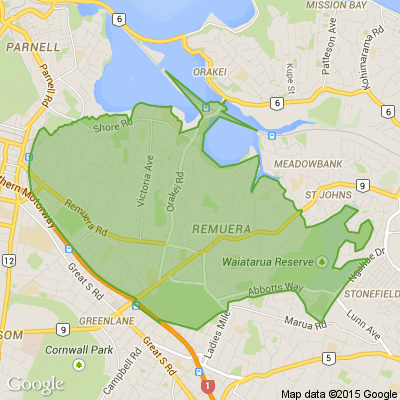




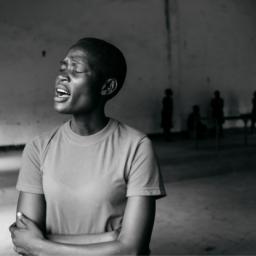
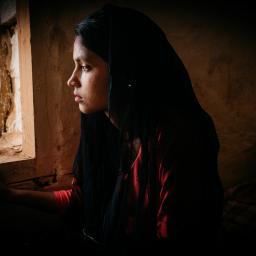
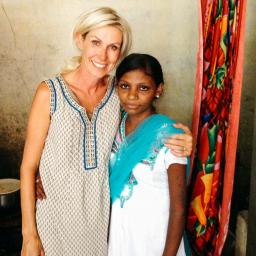
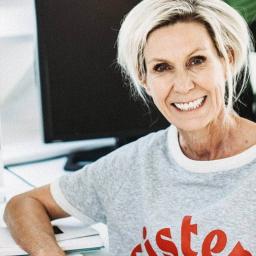
 Loading…
Loading…




